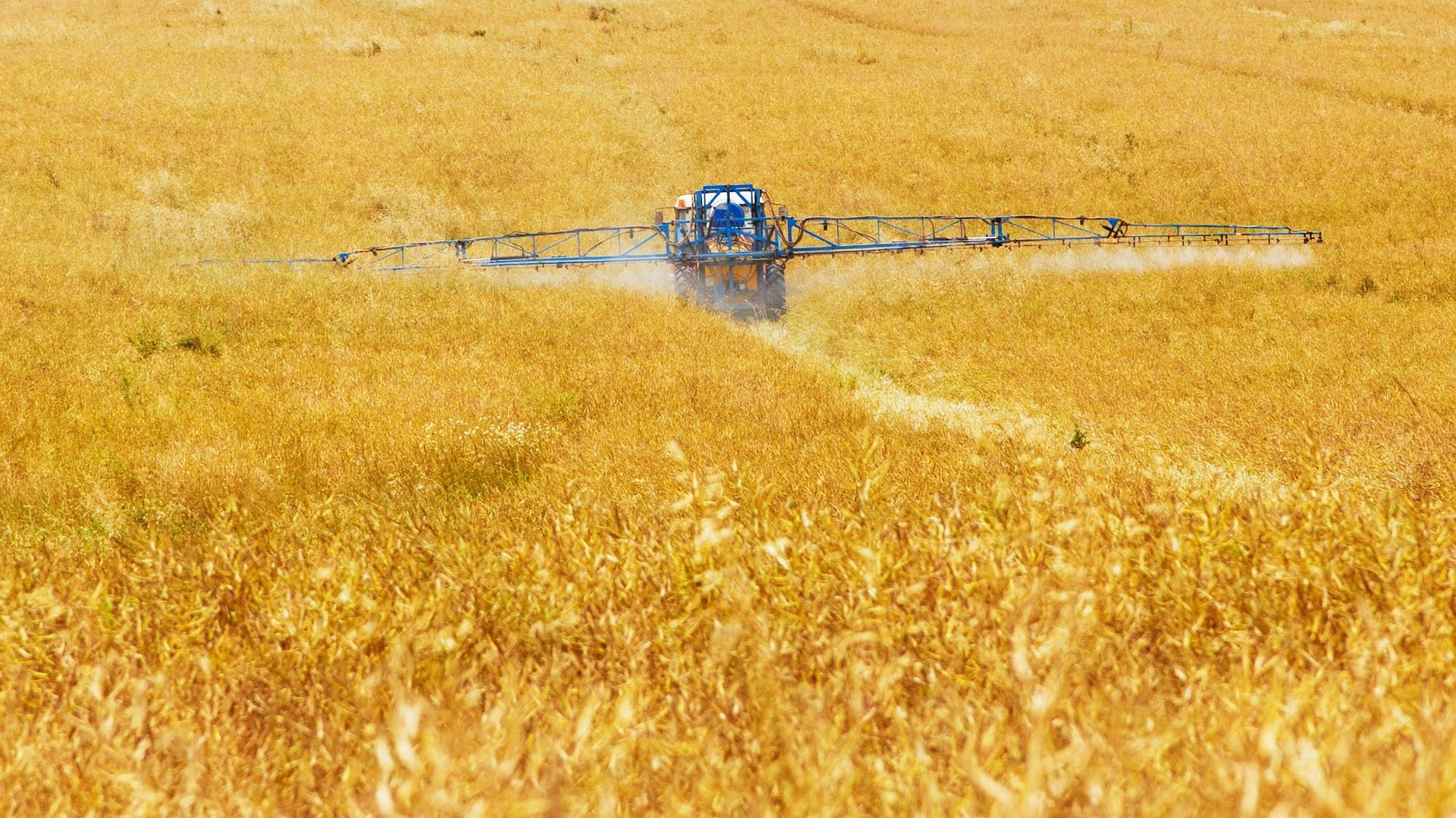Glyphosate … how did a simple weed killer become such an emotive topic?
Recently it’s been hitting the headlines as a debate has raged throughout the EU over whether or not the chemical is safe for use by farmers and growers. Emotions have run high in the debate, with one side using terms such as “Glyphosate kills everything including the soil and even the people using it” and quote a World Health Organisation (WHO) report which states “Glyphosate is possibly carcinogenic in humans”.
The other side point to a number of studies carried out by various authorities including The European Food Authority (EFSA) which states “the substance is unlikely to damage DNA or pose a carcinogenic threat to humans”.
However, I must point out that the WHO have contradicted themselves on more than one occasion with their carcinogenic statements on Glyphosate.
So, how have we reached this state some 43 years after the crop spray was first released to farmers?
Let’s go back to the beginning … Glyphosate is a broad spectrum systemic herbicide and crop desiccant discovered in 1970 and was brought to the market in 1974. The American company Monsanto brought the weed killer to the market under the name Roundup and it was quickly adopted by farmers around the world as the answer to a number of difficult weed control problems as they tried to increase crop production and feed an ever hungry world. The world-wide use of Glyphosate has increased by 100 times since the late 1970’s to the present day and is seen by most Scottish non-organic farmers as an essential tool for controlling weeds and as a method of ensuring even ripening of crops prior to harvesting. “There is no alternative crop-spray which will do the same job” is the quote from NFU Scotland.
The licence to re-authorise the use of Glyphosate is now the subject of much heated debate and at the moment farmers in the EU don’t know whether it will be available at all, or for a period of up to 15 years.
A prominent farmer from the Borders area of Scotland told me last week that he believes the problem is nothing to do with whether or not Glyphosate is safe to use (as directed by the manufacturers), but rather that it is linked in some people’s minds to GM crops and agrochemicals giant Monsanto.
He also pointed out to me that GM crops are not grown in the UK and maize is the only GM crop grown in some EU countries.
The emotion in the debate stems from countries where Glyphosate resistant GM crops are widely grown. This has led to so-called “superweeds” which in turn have also become resistant to Glyphosate and now also to virtually any other spray which farmers could use to control them.
However, away from the GM debate, NFU Scotland argue the overwhelming scientific evidence shows that Glyphosate is the safest, most eco-friendly herbicide available and is a vital tool in producing safe and high quality food for consumers. Scotland along with the rest of the UK have also rejected GM crop growing and therefore the prospect of anything resembling “superweeds”.
So it would seem science and emotions have become totally mixed up in this EU debate and as we have seen in so many other parts of food production, very often the emotional side of the argument can sweep aside the science.
Another farmer argued to me that we have Brexit looming and therefore any rules the EU make won’t apply after March 2019, including agrochemical bans. However, I pointed out that if we still want to trade with Europe in the long term, we may still have to live by some of their rules including what we spray on our fields!
I wouldn’t like to bet on which way the EU vote will go next month, but the results could have very far-reaching effects on the future shape of conventional farming in Scotland for years to come.
This column first appeared in Farming North on 10th November 2017.
